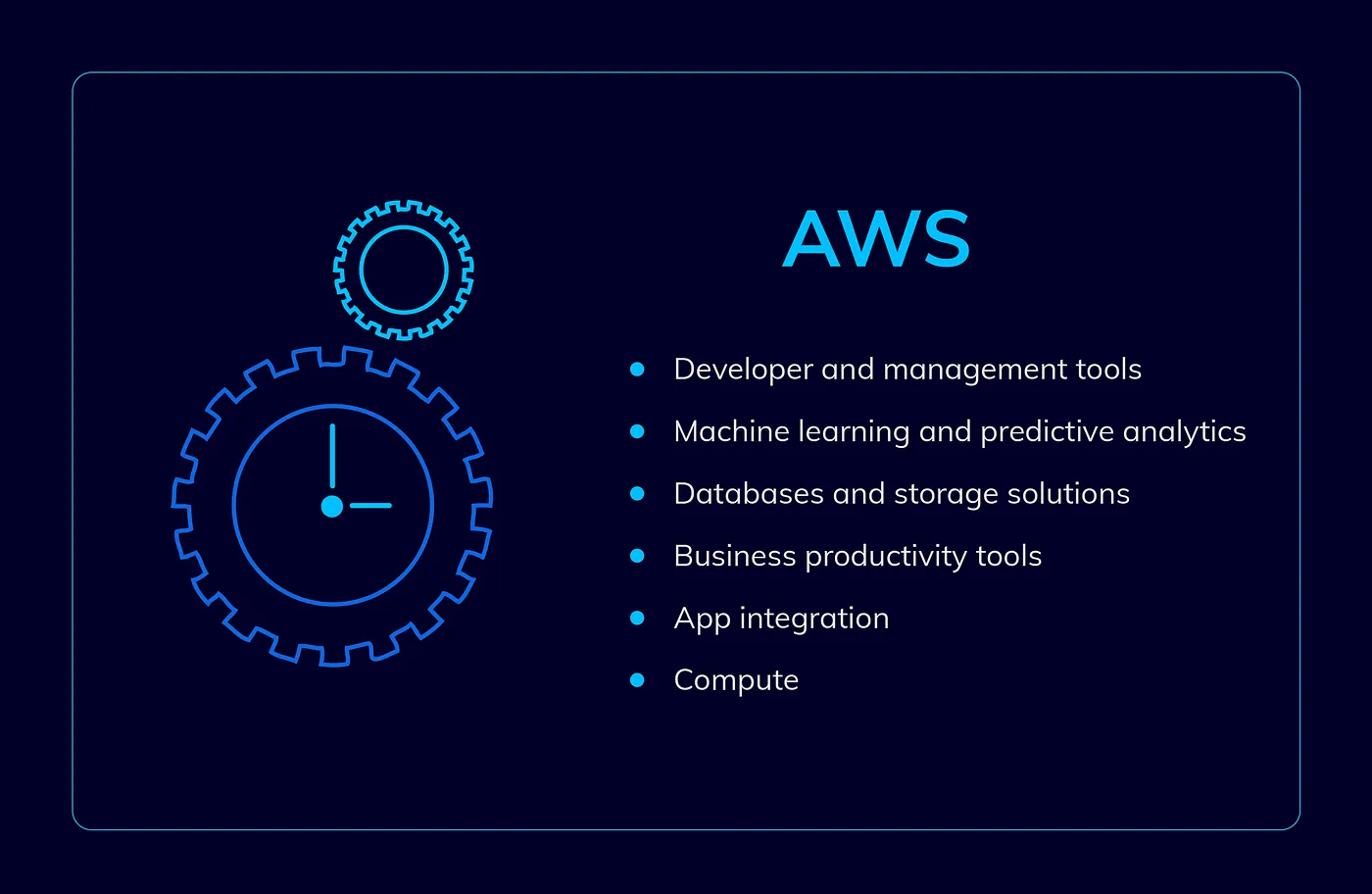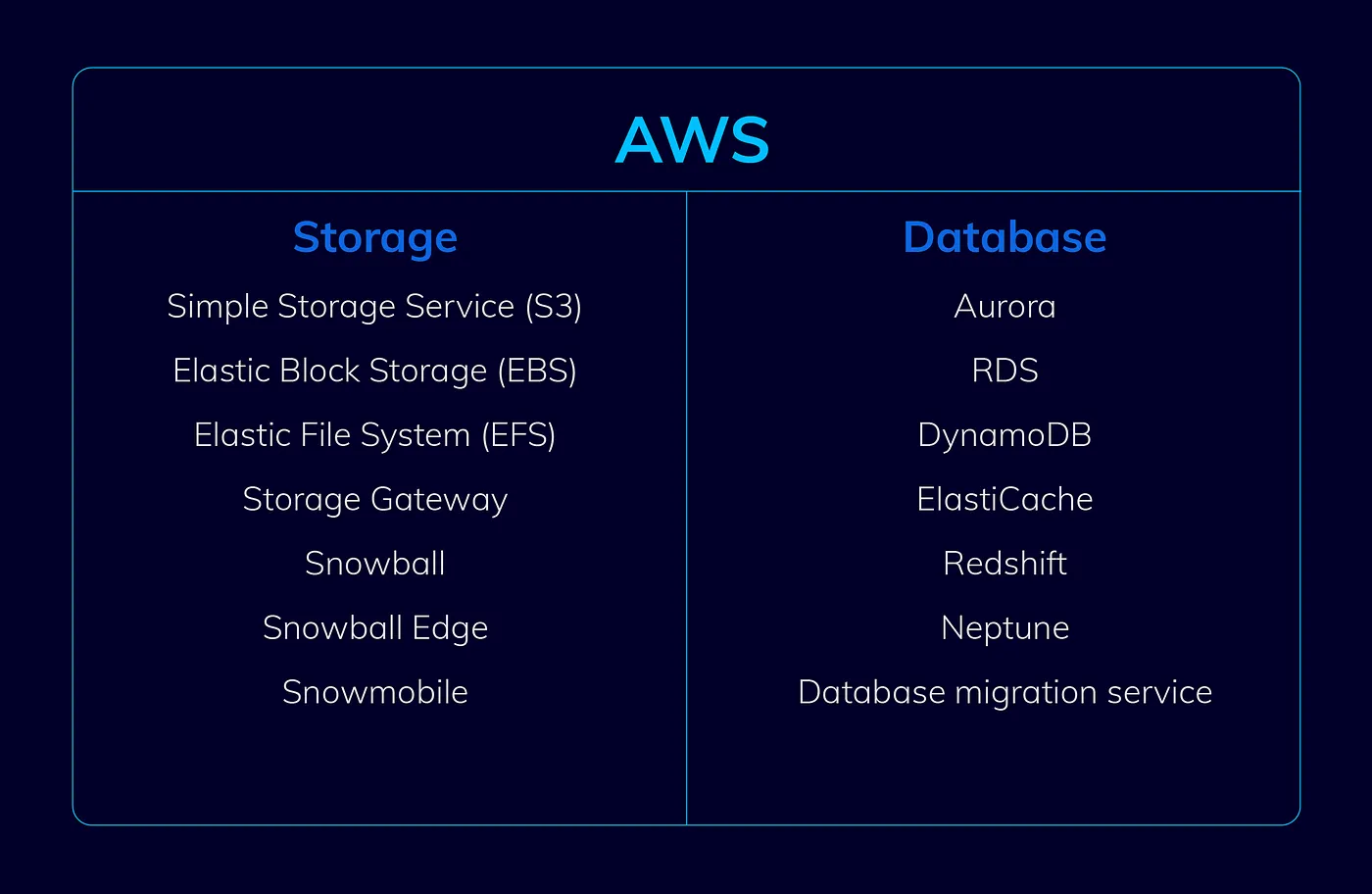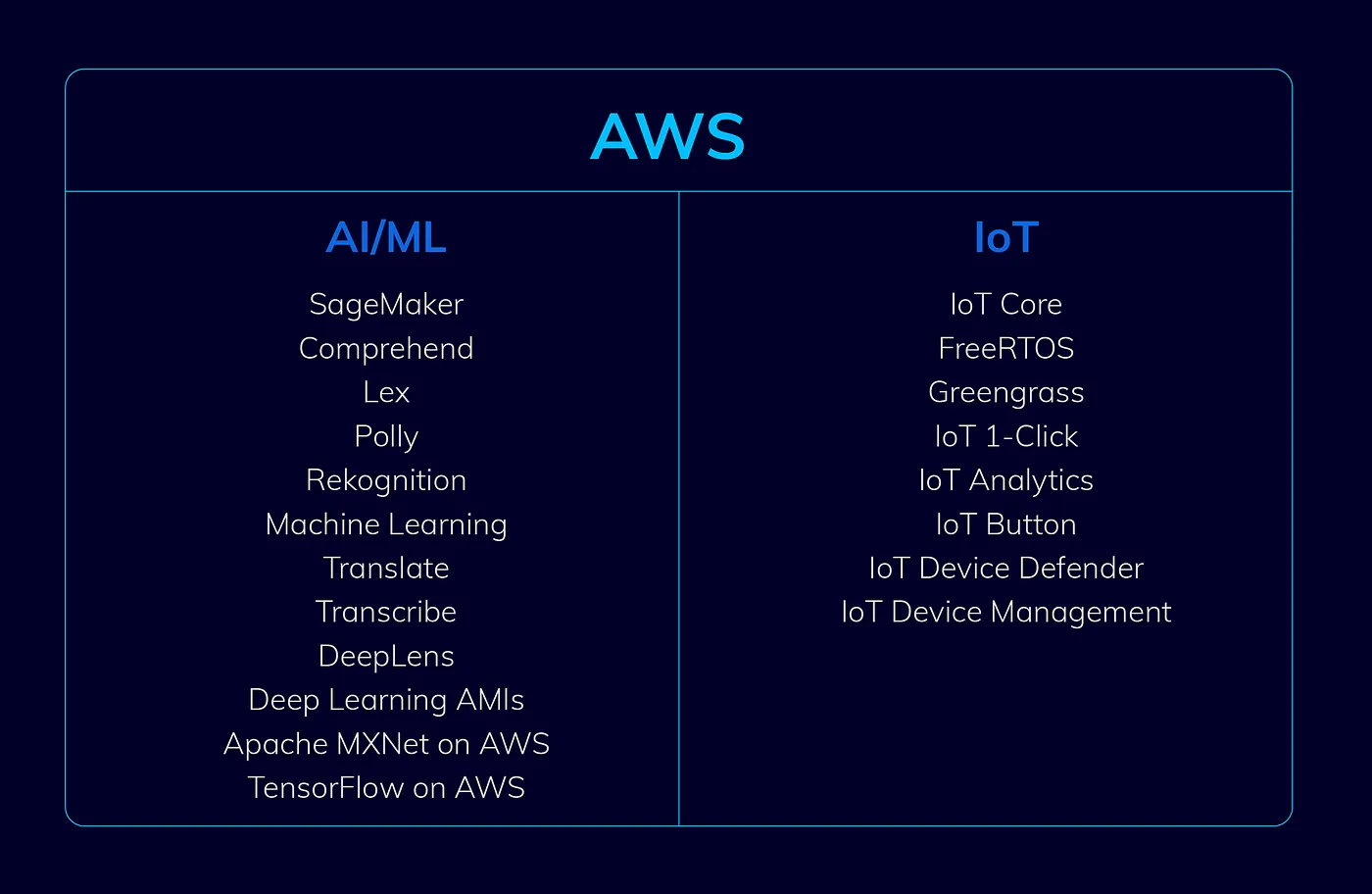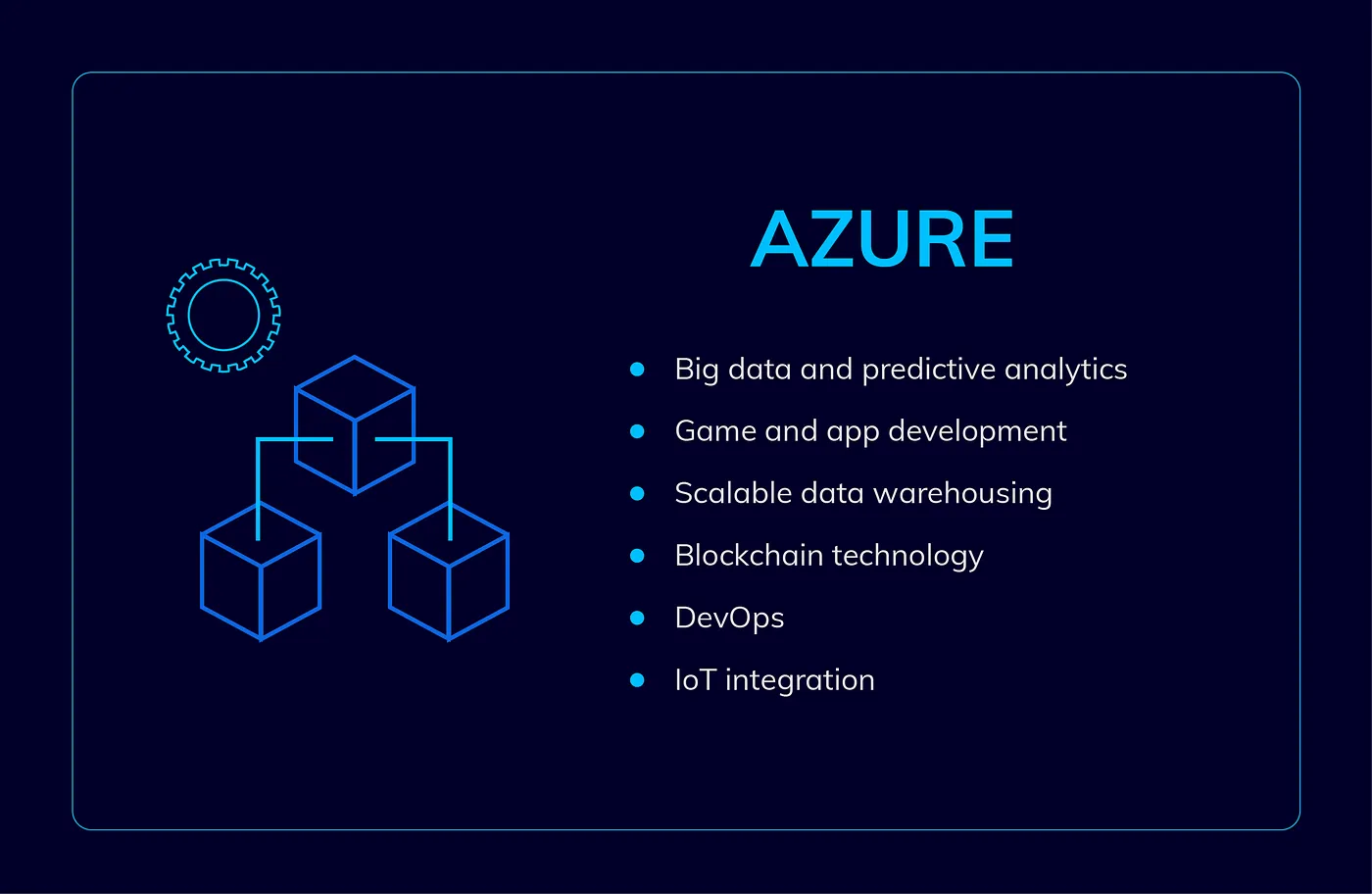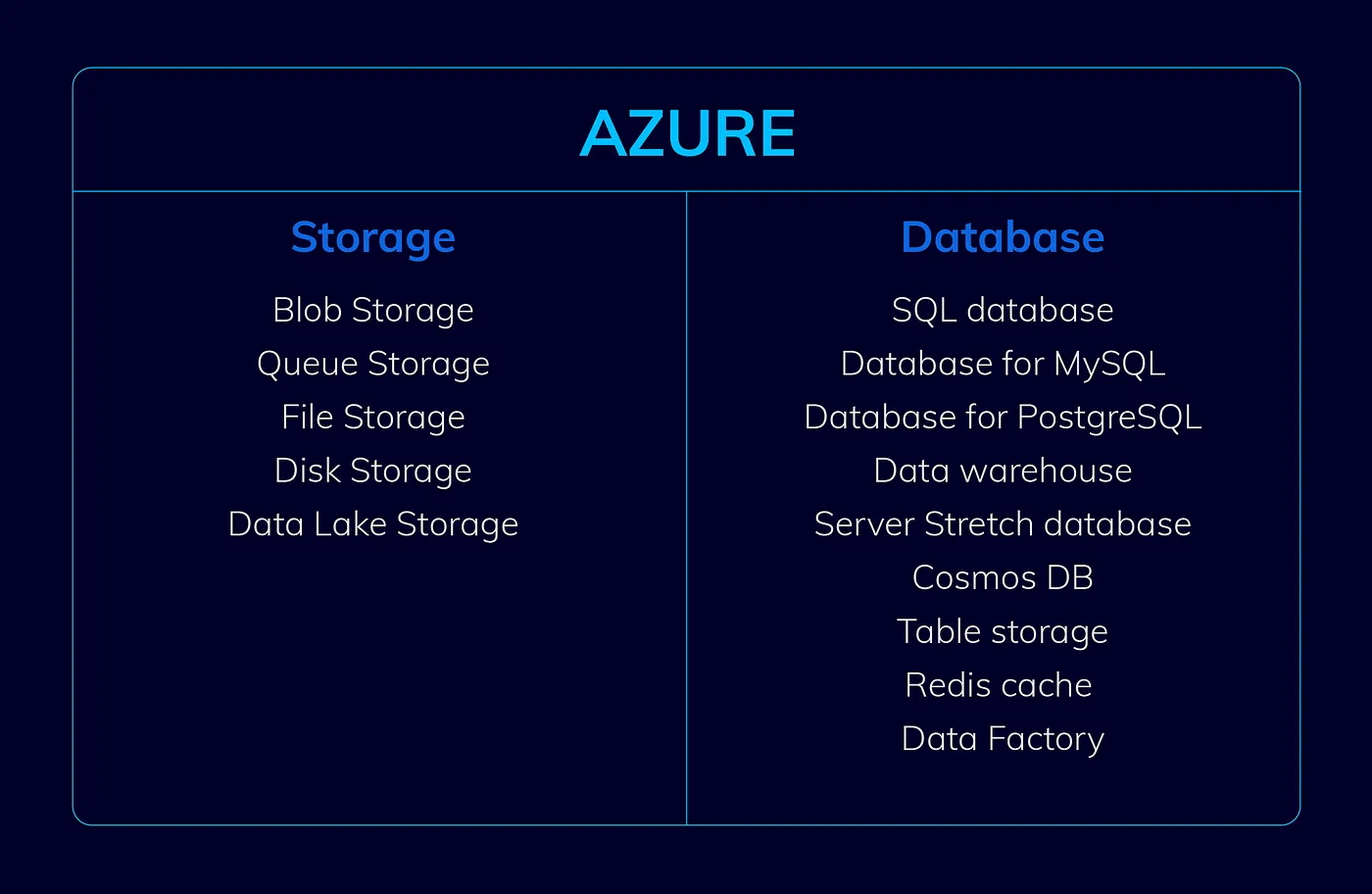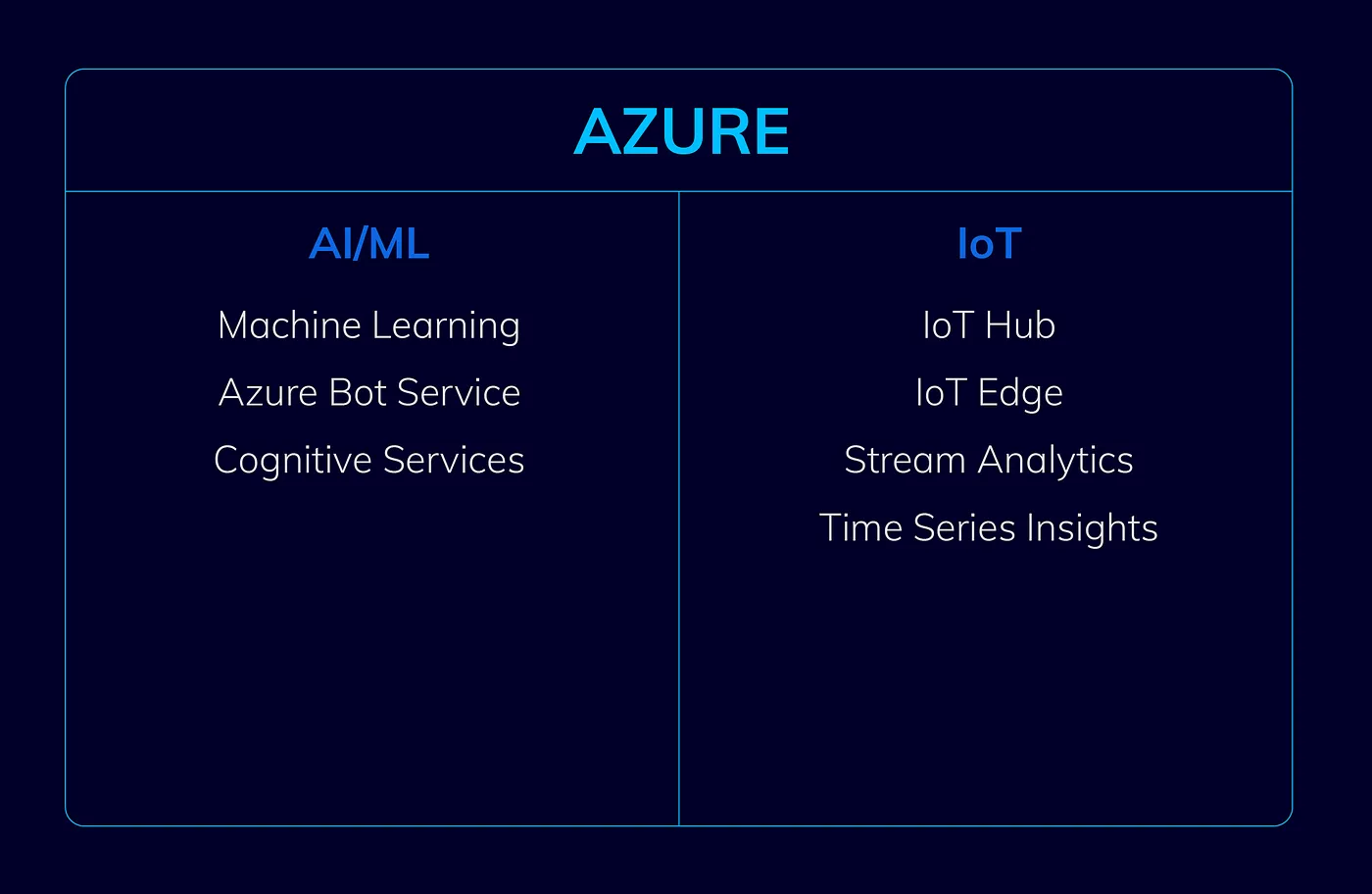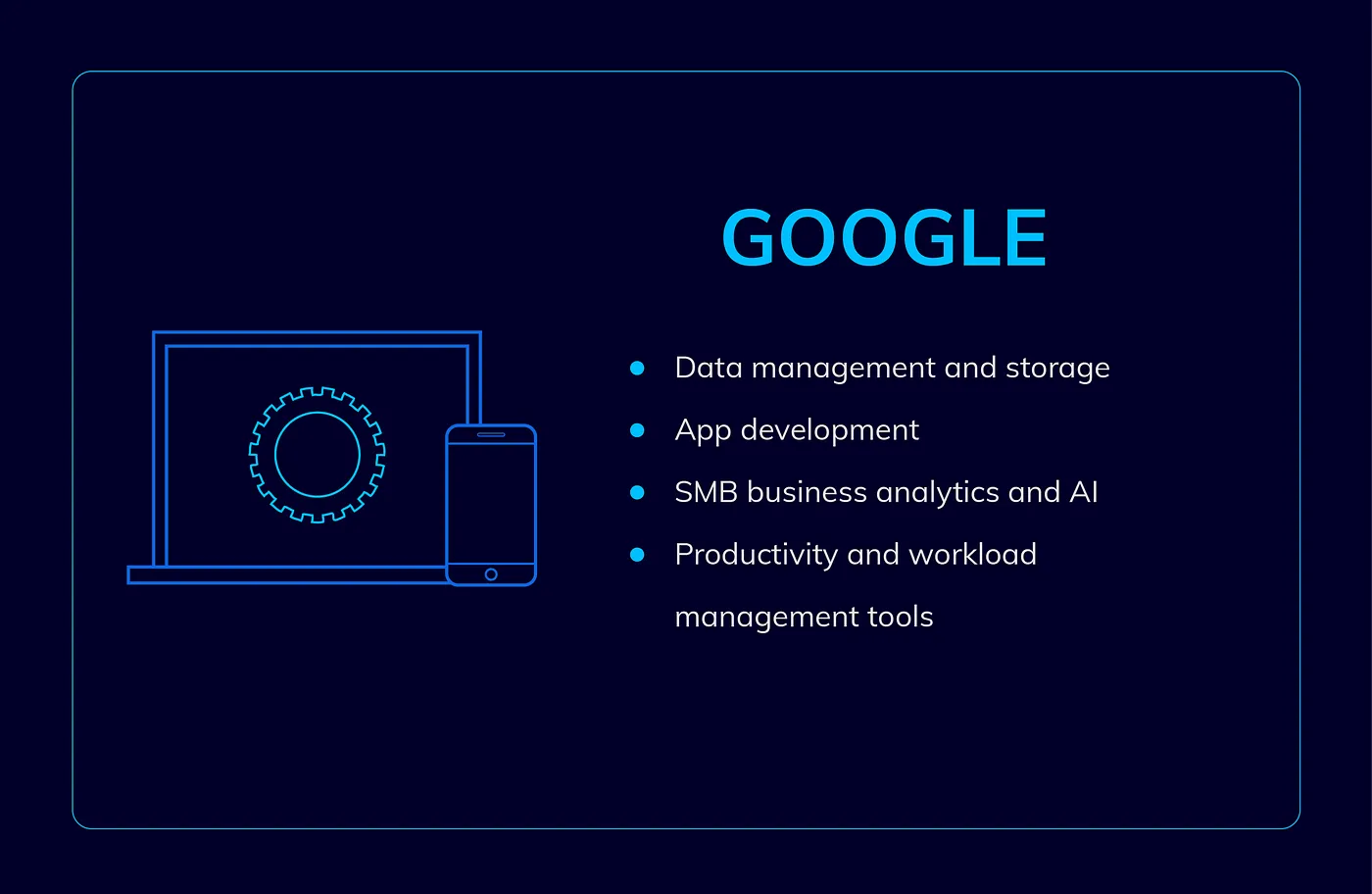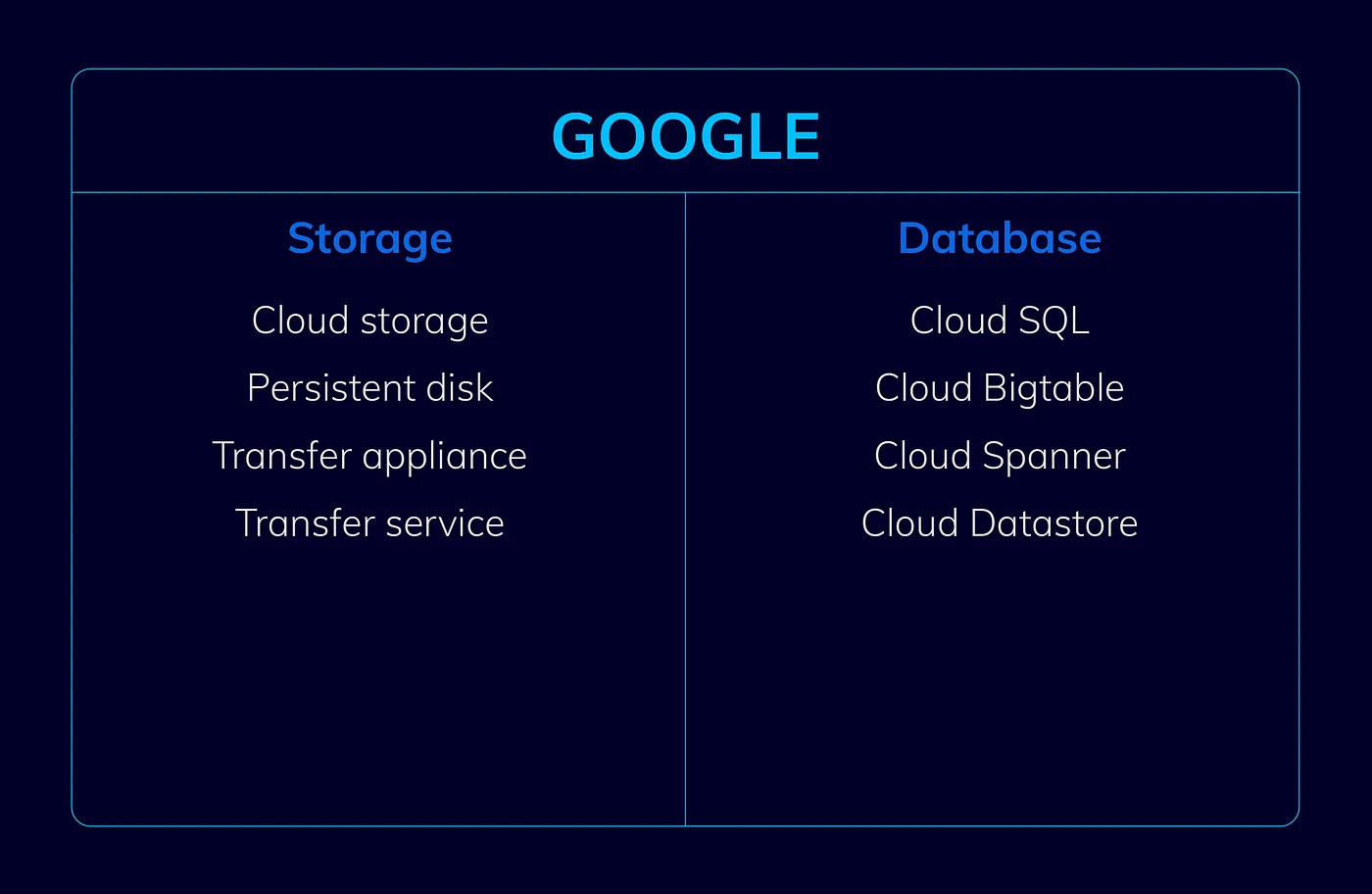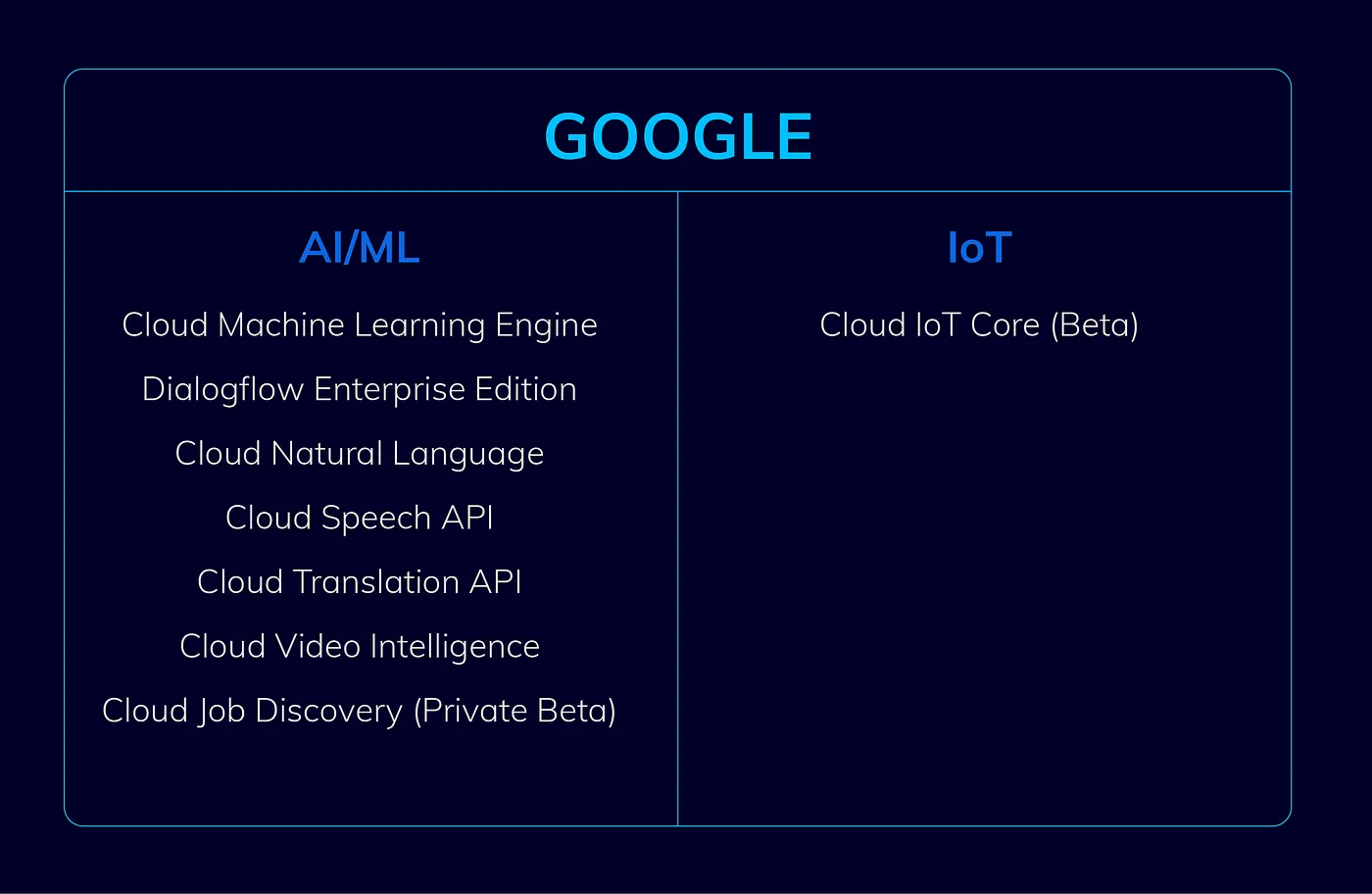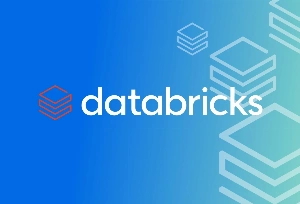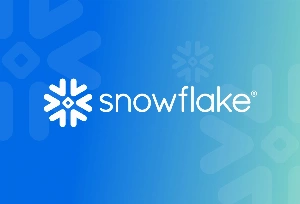Cloud adoption is taking over multiple regions and industries. Companies figured out that after adopting cloud computing, they become more agile in the competitive marketplace. Businesses now don’t have to spend time and money maintaining and buying their own servers, rather, they can use the off-the-shelf professional infrastructure given by cloud service providers.
As workload migration and cloud-native application development intensified, cloud platform solutions investment surged 36% to $47.0 billion in Q2 2021. As for cloud computing market share, Canalys 2021 report indicates Azure at 22%, AWS at 37% and Google Cloud with 8% of the market share.
Let’s compare, the so-called ‘big three’ cloud providers: AWS vs. Azure vs. Google. Fasten your seat belts, it’s a long road ahead!
First, What is Cloud Computing?
To put it simply, cloud computing is the delivery of computing services like cloud datastore, servers, storage, software, networking, intelligence, and analytics over the internet.
How to Choose the Right Cloud Platform
Technical and business requirements must be the main factors determining your choice. Think about the features, application integration, and budget you may need for a cloud solution. Your decision should be based on the opportunities the cloud provider offers to reach your business goal.
We hope that this comparison of cloud services will help you to identify a match for your project.
Amazon Web Services
Features
Amazon Web Services is no exaggeration the world’s most comprehensive and widely adopted public cloud platform. It features analytics, AR & VR, application integration, blockchain, compute, customer engagement, developer tools, machine learning, virtual machine launch, IoT, mobile, robotics service, and the list is far not exhaustive. Every functionality that is necessary for developers can be easily accessed via AWS.
As you might see, AWS has countless features to offer that makes it stand out from other public cloud platforms. Among the highlights are the following services:
- Mobile-Friendly Access. It includes AWS Mobile Hub (allows development, testing, configuration, and monitoring a mobile app) and AWS Mobile SDK (with the help of this feature, your mobile application has access to S3, DynamoDB, and Lambda).
- Serverless Cloud Functions. Amazon Gateway and API will run your code and scale it. The only thing you have to do is to use your phone to upload the code. By managing all of the processes, AWS frees your time, so that you put all of the energy and effort into building the app.
- Storage. You can use one of the following Amazon storages: Amazon Simple Storage Service (good choice for data backup, analytics, and archival); Amazon Glacier (use it as long-term storage); The Amazon EBS (gives block-level storage volumes for continuing data storage for application with EC-2 instances).
- Databases. AWS databases are completely managed by Amazon Services. Different types of databases are used according to their purposes.
Compliance and Security. Being used by multiple corporations, Amazon provides maximum security to the data stored.
- AWS Marketplace. Launched in 2012, AWS Marketplace allows searching and buying any software you like. You can also use Marketplace’s one-click deployment and launch without paying extra.




